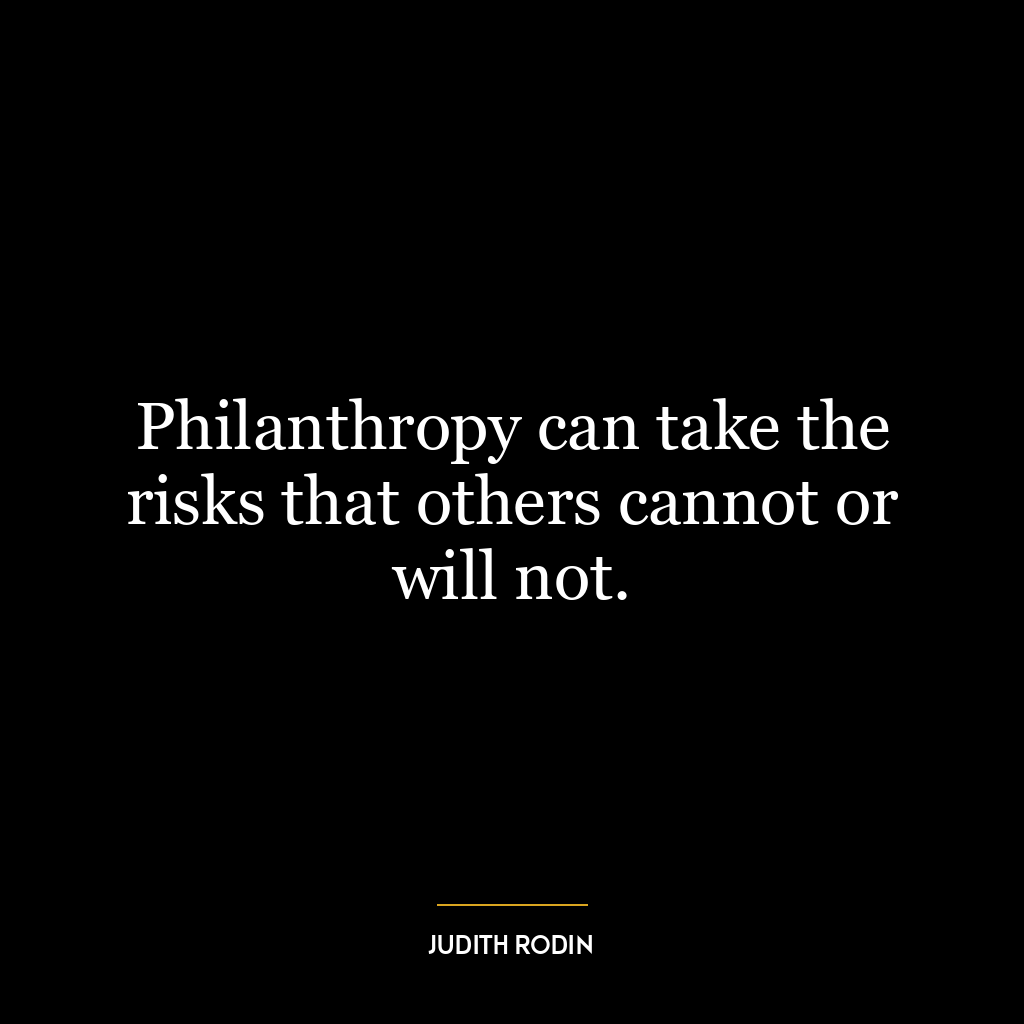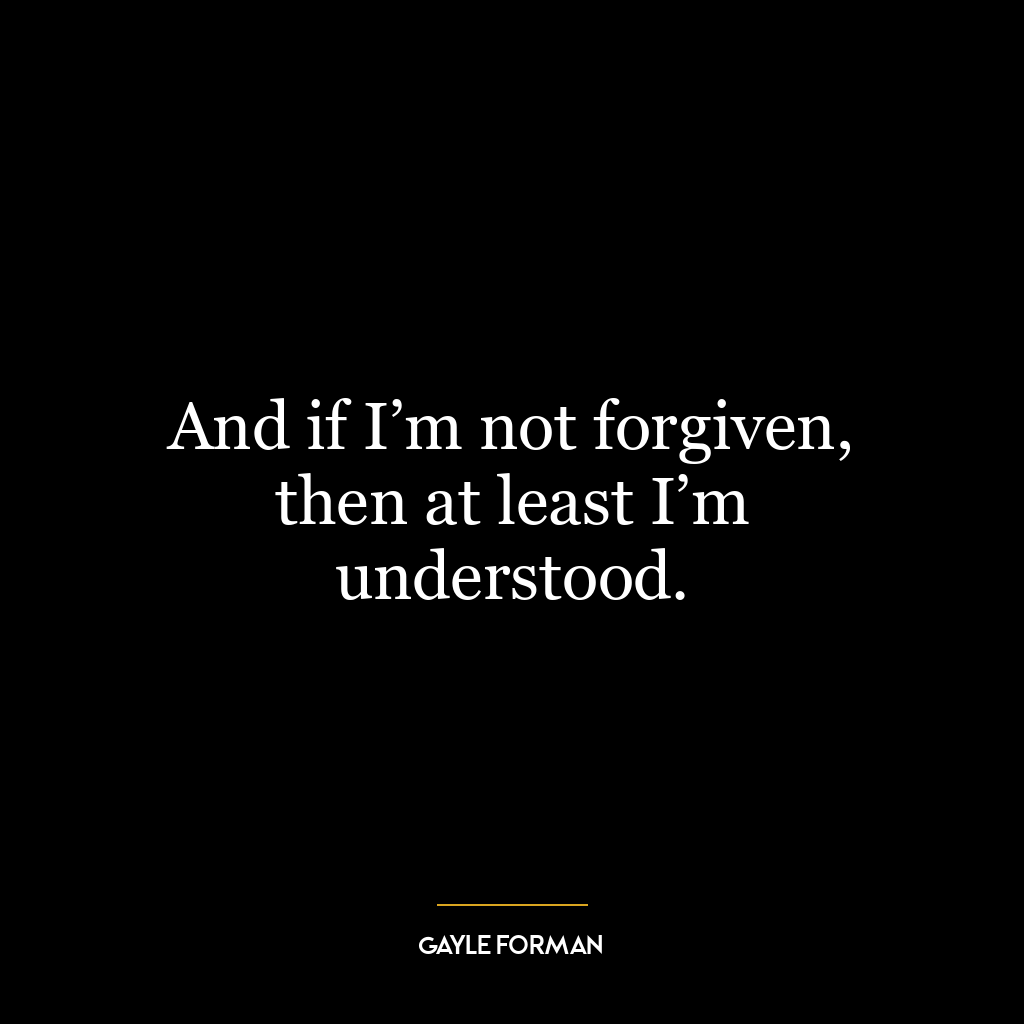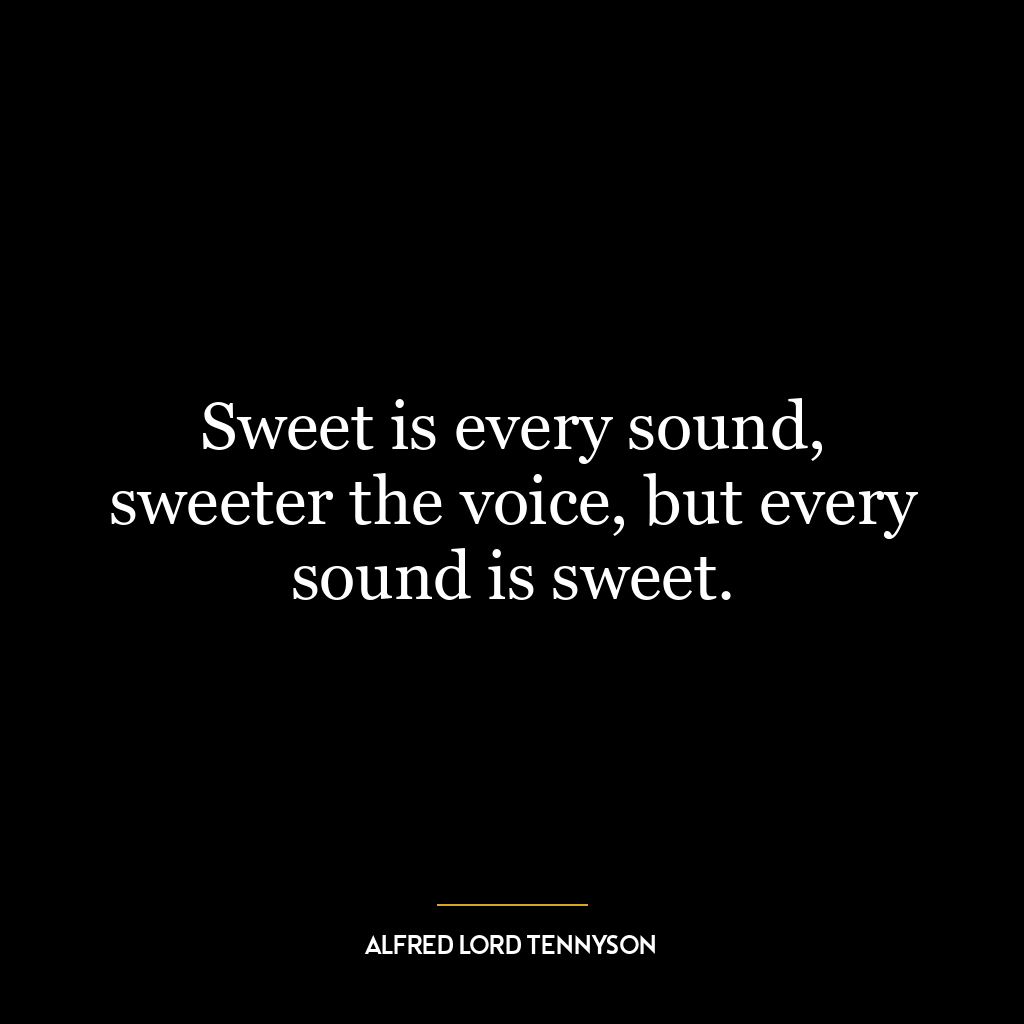'Misconception' Quotes
Misconception quotes are powerful statements that challenge our preconceived notions and beliefs. They force us to question our assumptions and open our minds to new perspectives. Throughout history, these quotes have played a crucial role in shaping the way we think and act. From philosophers like…Read More
Misconception quotes are powerful statements that challenge our preconceived notions and beliefs. They force us to question our assumptions and open our minds to new perspectives. Throughout history, these quotes have played a crucial role in shaping the way we think and act. From philosophers like Socrates and Confucius to modern-day leaders like Nelson Mandela and Malala Yousafzai, misconceptions have been challenged and shattered through the power of words. These quotes have inspired individuals to break free from societal norms and think for themselves. They have also sparked important conversations and brought about social change. Even today, misconceptions continue to be challenged and debunked through thought-provoking quotes, reminding us to always question and seek the truth.Read Less
Misconception quotes are powerful statements that challenge our preconceived notions and beliefs. They force us to question our assumptions and open our minds to new perspectives. Throughout history, these quotes have played a crucial role in shaping the way we think and act. From philosophers like Socrates and Confucius to modern-day leaders like Nelson Mandela and Malala Yousafzai, misconceptions have been challenged and shattered through the power of words. These quotes have inspired individuals to break free from societal norms and think for themselves. They have also sparked important conversations and brought about social change. Even today, misconceptions continue to be challenged and debunked through thought-provoking quotes, reminding us to always question and seek the truth.
100 Notorious 'Misconception' Quotations and Sayings
Misconception – Symbolic Value
Misconception is a term that is often used in quotes to convey a deeper meaning or symbolic value. It refers to a belief or idea that is not based on facts or reality, but rather on a misunderstanding or misinterpretation. In many cases, misconceptions are deeply ingrained in our minds and can be difficult to change. They can have a powerful impact on our thoughts, actions, and perceptions of the world around us.
Misconception – Cultural and Historical Significance
Misconceptions have played a significant role in shaping cultural and historical narratives. Throughout history, certain groups of people have been subjected to misconceptions that have led to discrimination, prejudice, and even violence. For example, the misconception that women are inferior to men has been used to justify unequal treatment and limited opportunities for women in many societies. Similarly, the misconception that certain races are superior to others has been used to justify colonization, slavery, and other forms of oppression.
Misconception – Common Themes in Motivational Contexts
In motivational contexts, misconceptions are often used to inspire and encourage individuals to challenge their beliefs and strive for personal growth. Quotes such as “Don’t let your misconceptions hold you back” or “Break free from the chains of misconception” are commonly used to motivate individuals to question their beliefs and push beyond their perceived limitations. This highlights the power of misconceptions to limit our potential and the importance of challenging them in order to reach our goals.
Misconception – Portrayal in Art and Media
Misconceptions are also frequently portrayed in art and media, often as a means of social commentary or satire. For example, the famous quote “A lie can travel halfway around the world while the truth is still putting on its shoes” highlights the prevalence and impact of misconceptions in society. In literature, misconceptions are often used as a plot device to create conflict and drive the story forward. In visual art, misconceptions can be depicted through symbolism or metaphor to convey a deeper message.
Misconception – Impact on Understanding of Life and Society
Misconceptions can have a profound impact on our understanding of life and society. They can shape our beliefs, attitudes, and behaviors, and influence how we interact with others. In some cases, misconceptions can lead to harmful actions and perpetuate harmful stereotypes. For example, the misconception that mental illness is a sign of weakness can prevent individuals from seeking help and perpetuate stigma surrounding mental health. It is important to recognize and challenge misconceptions in order to promote a more accurate and inclusive understanding of life and society.In conclusion, the concept of misconception is a powerful and complex one that appears in many quotes. It holds symbolic value, has cultural and historical significance, is commonly used in motivational contexts, is portrayed in art and media, and has a significant impact on our understanding of life and society. By recognizing and challenging misconceptions, we can strive for a more accurate and inclusive understanding of the world around us.






